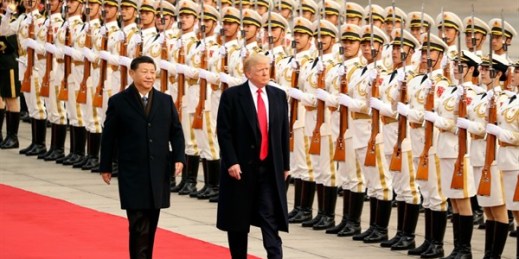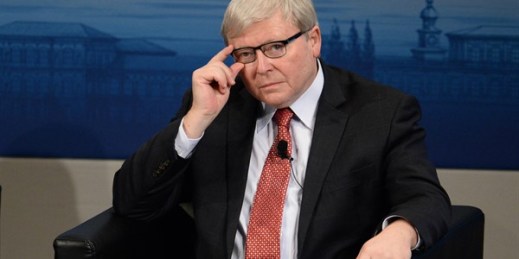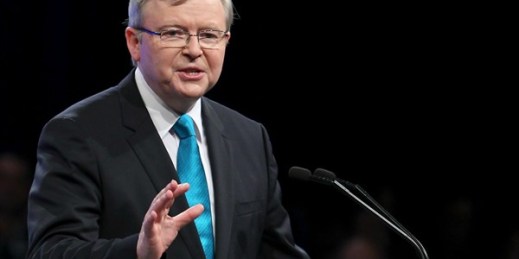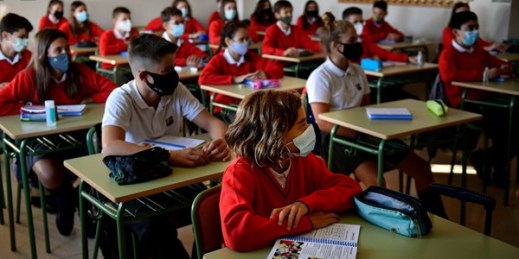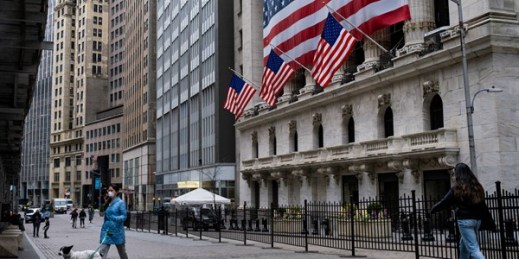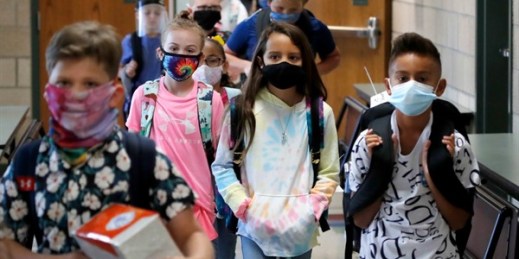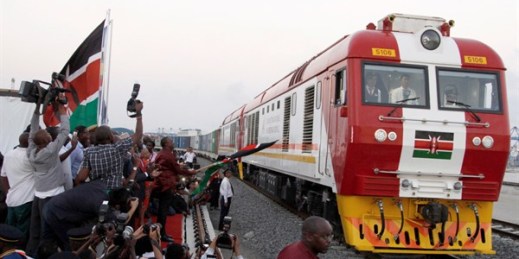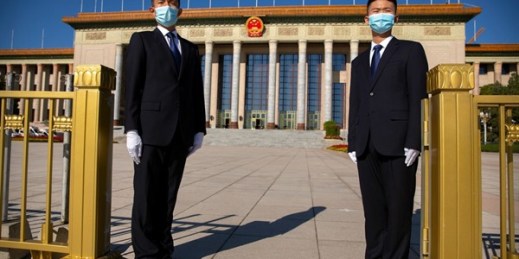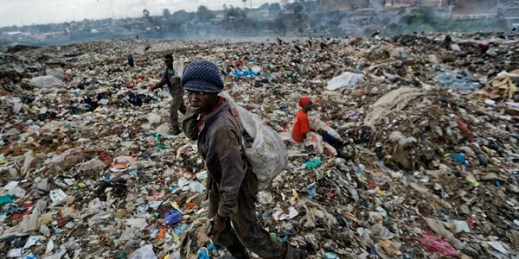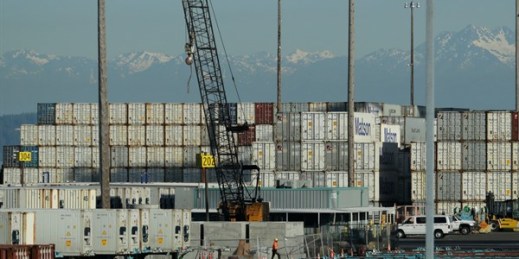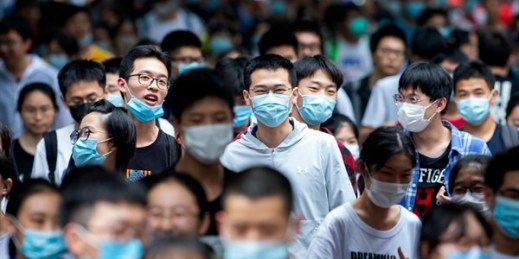
Editor’s Note: Lavender Au is China Note’s new lead writer, curating the week’s top news and expert analysis on China every Wednesday with WPR Newsletter and Engagement Editor Benjamin Wilhelm. More than 1,000 Chinese students and scholars have had their visas to the United States revoked recently under a new Trump administration program that claims to target security risks and guard against espionage. The affected students largely hail from China’s seven major national defense colleges, which are directly subordinate to China’s Ministry of Industry and Information Technology, receive funding from the military and work on military projects. But to call […]

